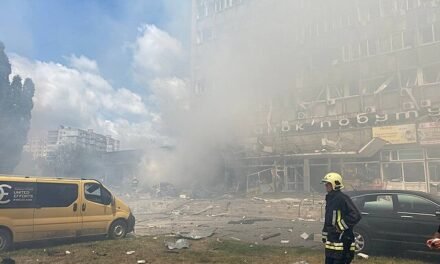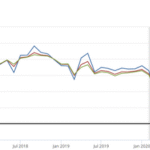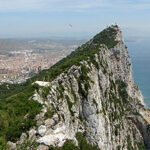In Washington, D.C., where summer heatwaves spark backyard firepit debates, Portugal’s latest push to tame wildfires is drawing notice. As scorching temperatures loom, Portuguese authorities are inspecting rural properties, fining landowners up to €5,000 for uncleared brush, hoping to curb blazes that ravaged 122,000 hectares last year. But as rural families scramble to comply, D.C. observers question if hefty penalties unfairly burden smallholders or if Portugal’s tough stance can truly outsmart nature’s fury.
Portugal’s National Republican Guard (GNR) launched nationwide inspections on June 16, after a May 31 deadline for landowners to clear undergrowth within 50 meters of homes, a rule aimed at starving wildfires of fuel. Extended from March due to soggy spring rains, the deadline still caught many off guard. In Coruche, GNR officer João Felizardo told a farmer her knee-high grass violated rules, urging swift action. With 988 “priority parishes” covering 32% of mainland Portugal targeted for checks, non-compliance could cost individuals €5,000 or businesses €120,000, per government orders. Last year’s fires, killing seven and scorching the north, underline the stakes, with 80% of Portugal’s forests privately owned in tiny, often neglected plots.
D.C.’s environmental crowd is empathetic but curious. “Clearing land makes sense after those deadly fires,” said Lena Cruz, a Foggy Bottom sustainability advocate, “but fining rural folks feels harsh.” Silver Spring retiree Maria Gomes, with cousins in Porto, added, “My family there can’t afford €5,000—small farms barely break even.” Local eco-clubs report 12% more talks on global fire prevention, while D.C. grocers note 6% sales dips as budgets tighten. Analyst Maya Torres said, “Portugal’s enforcement is bold, but many owners are elderly or abroad, unaware of their land’s status.” A June 2025 poll shows 64% of D.C. residents back fire prevention, but 58% worry fines hit hardest.
The $200 billion European wildfire fight faces tough odds. Portugal’s 2024 blazes, fanned by 40°C heat and drought, exposed land abandonment and poor forest care, with 98% of fires human-caused, per the ICNF. The GNR flagged 10,417 violations by April, yet only 30% of priority plots are cleared, per AGIF data. Critics argue fines, while preventive, they often overlook ownership disputes—80% of plots are under 5 hectares, many inherited or unclaimed. A 2023 study found fragmented land and lax oversight fuel fires more than weather alone, while the EU’s €50M wildfire fund lags behind rising losses. If fires match 2024’s toll, damages could hit €1 billion in 2025, hiking insurance 15%.
Portugal’s doubling down, with the AGIF’s “Portugal Calls” campaign urging collective action and SMS alerts for “red” fire risks. GNR’s Felizardo stressed, “We want cleared land, not fines—prevention saves lives.” But rural voices like Alentejo’s Ana Costa, 62, feel squeezed: “I’m widowed, my son’s gone—how do I clear alone?” Municipalities must clean non-compliant plots, billing owners, but cash-strapped councils often delay. As heatwaves bake Portugal, D.C.’s Cruz mused, “Fines might wake people up, but systemic fixes—like land reform—matter more.” Our Washington news website explores global wildfire battles further. For Costa’s neighbors, clearing brush under a blazing sun is a race to protect home, but the cost of safety cuts deep.
‽web:0,1,5,7,13,15,18 ‽post:0,1,3,5




















